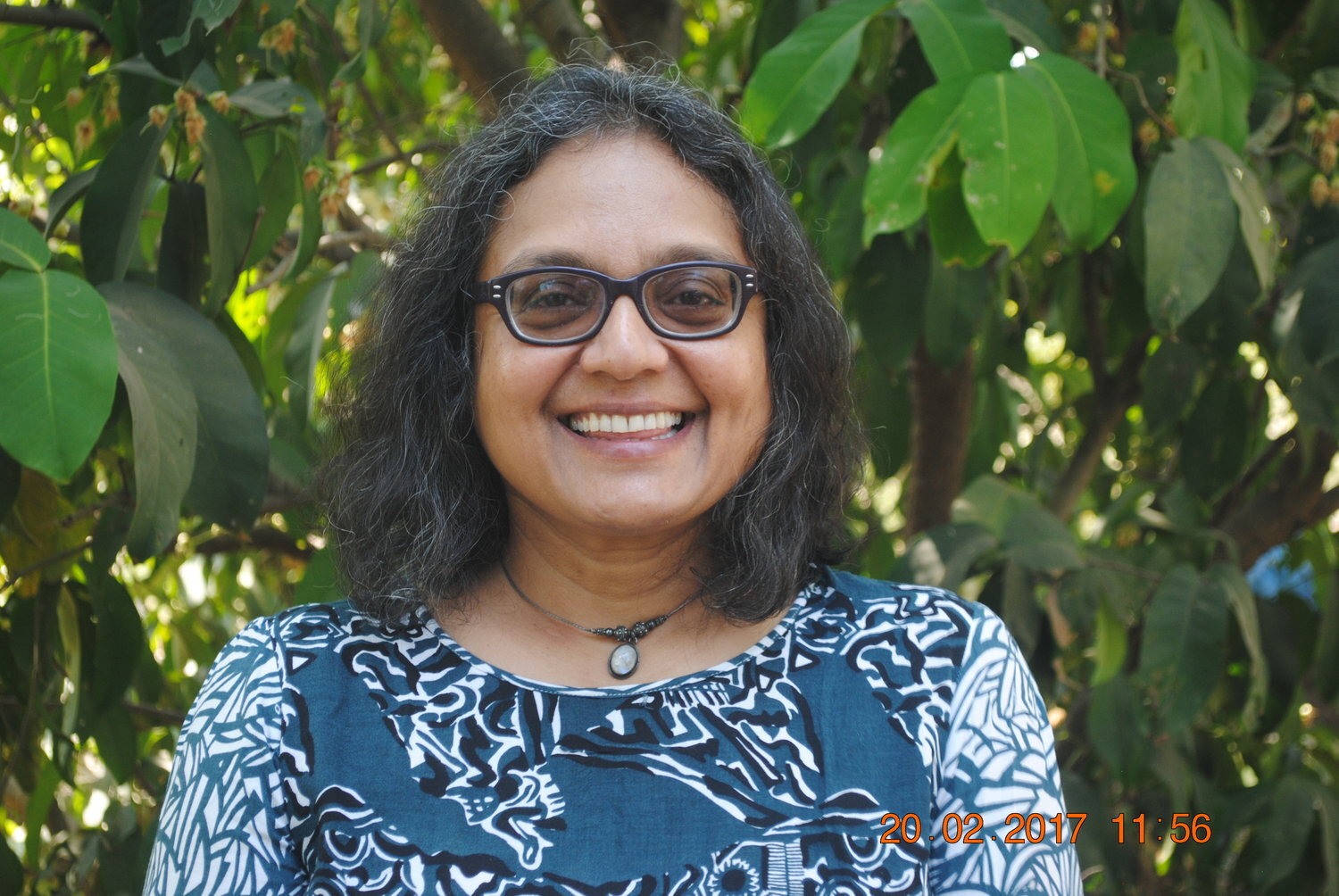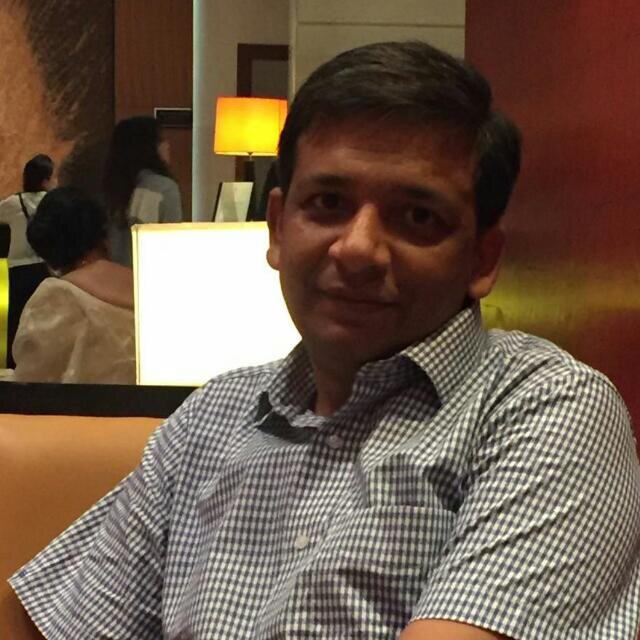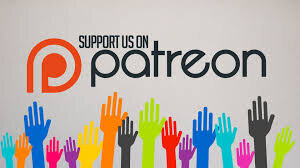For this episode we catch up with Indian journalist, and previous guest, Meena Menon to discuss the current status of press freedom in India, and in particular how the subject relates to reporting on the COVID pandemic. According to RSF (Reporters Without Borders) 2021 Global Press Freedom Index, India holds a rank of 142nd.
Be sure to catch part one of this two-part discussion about the current COVID crisis in India, as well as our interview with Meena, in Episode 25, about reporting in India, and from Pakistan as an Indian correspondent.
For those looking to get involved or to donate, these links have been suggested by friends in India. As always, be sure to do your homework and your own vetting before donating to any organization.
And you can learn more about the status of lifting patent restrictions on COVID vaccines here. Be sure to read to the end. There appears to be hope, but the issue is far from decided.
79: India's COVID Crisis
This episode is the first of a two-part discussion about the current situation in India. Those following the world news headlines for the past few days will be aware that that Mumbai and its surrounding state of Maharashtra are at the epicenter of an epicenter of COVID cases, with India far and away leading the world, and with an infection rate that shows no signs of slowing down during its second wave.
According to a BBC report:
“In January and February, the national number of daily cases fell to under 20,000 from peaks of around 90,000 in September last year.”
However on Tuesday May 4th more than 357,000 cases were reported in the span of 24 hours.
Hospitals and staff are at their breaking point, with many out of basic life sustaining supplies like oxygen plants and oxygen cylinders, with a resulting black market emerging to address the demand. Quite simply, people are getting infected and dying faster than they can be counted, and even the facilities for cremating the dead have been overwhelmed.
Our guest is Amitabh Sinha, an editor with the Indian Express, based in Pune, about 150 kilometers from Mumbai.
Be sure to check Episode 80 for the second part of our discussion, where we speak with journalist Meena Menon about the poor state of press freedom in India and how it relates to reporting on the pandemic.
For those looking to get involved or to donate, these links have been suggested by friends in India. As always, be sure to do your homework and your own vetting before donating to any organization.
Episode 43: Kashmir
Our guest this week is a young Kashmiri woman currently living in Mumbai.
Situated in a mountainous region between India and Pakistan, Kashmir has been a nominal part of India since shortly after India and Pakistan both gained independence from the British in 1947. It’s also India’s only Muslim majority state and was the battleground in two separate wars between India and Pakistan and several armed conflicts between the two nuclear-armed rivals, including one limited engagement earlier this year.
Under article 370 of the Indian constitution Kashmir was guaranteed broad autonomy, including a separate constitution, and freedom to administer its own affairs in all areas except for currency, communications, defense, and foreign policy. Over the past few decades much of this autonomy has been slowly rolled back by the central government in Delhi, but one key feature that remained was Kashmiris exclusive rights to buy and own land in Kashmir. This key remaining feature of Kashmiri autonomy was eliminated when Hindu Nationalist Prime Indian prime minister Narendra Modi’s government eliminated article 370 from the Indian constitution earlier this month. Since that time landlines, mobile communication links, and the Internet have been cut, and Kashmiris have been cut off from the rest of the world and their families in India.
Taken in Gaza City, Palestine, April, 2013. Photo credit: Eric Maddox






